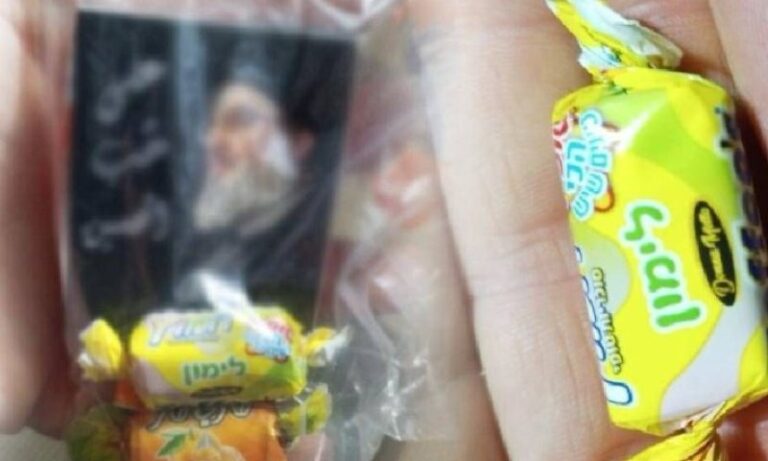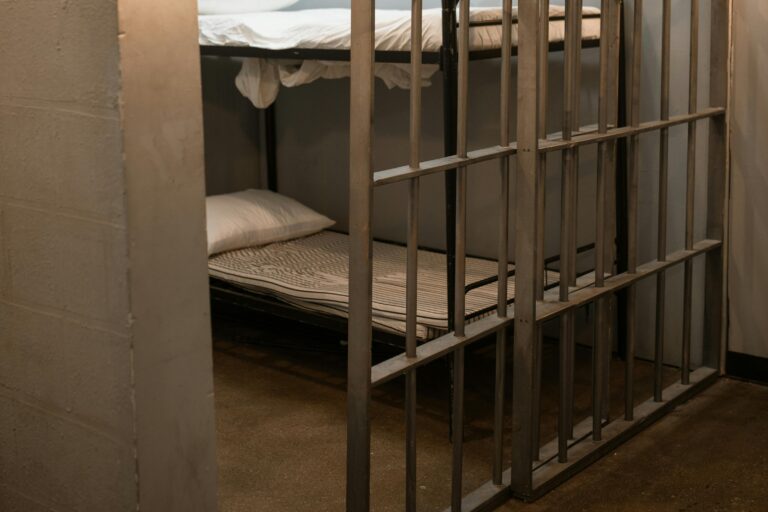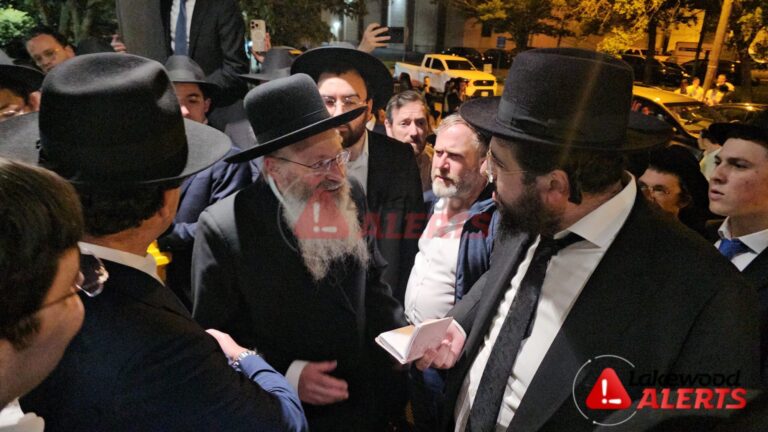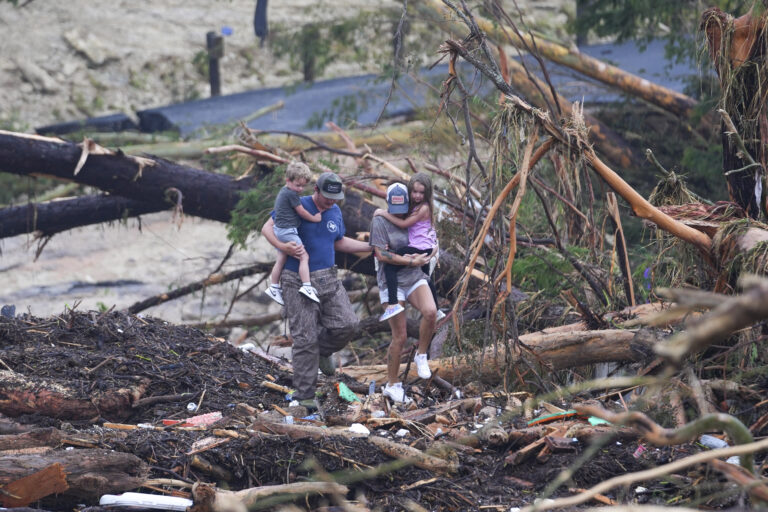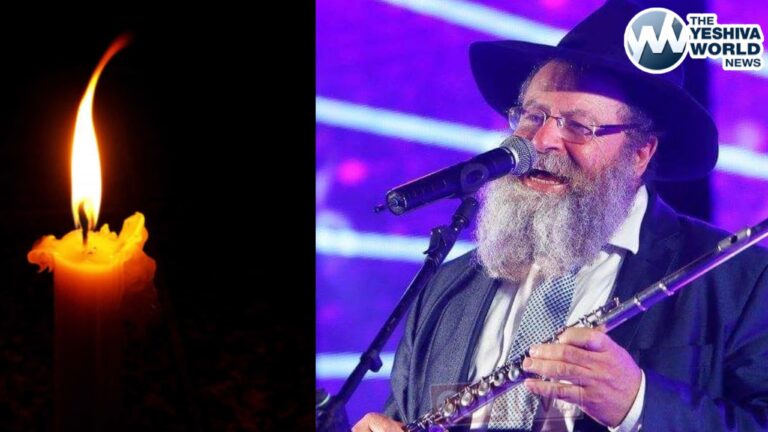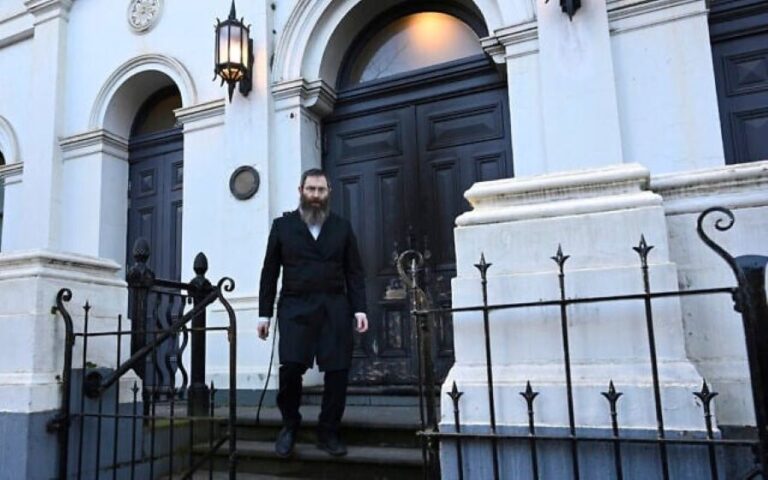 We are all familiar with the kinnos that are recited on Tisha B’av each year, mourning the destruction of the Beis Hamikdash and the exile of the Jewish people from Eretz Yisrael. Included in the standard litany of kinnos authored at the time of the churban, there are a number of pieces that have been added in over subsequent generations, relating to calamities that befell the Jewish people, such as the massacres that took place in the city of Worms, Magentza, among others. There are some who recite special kinnos marking the great calamity that occurred in our own recent history, that of the Holocaust that took place during World War II.
We are all familiar with the kinnos that are recited on Tisha B’av each year, mourning the destruction of the Beis Hamikdash and the exile of the Jewish people from Eretz Yisrael. Included in the standard litany of kinnos authored at the time of the churban, there are a number of pieces that have been added in over subsequent generations, relating to calamities that befell the Jewish people, such as the massacres that took place in the city of Worms, Magentza, among others. There are some who recite special kinnos marking the great calamity that occurred in our own recent history, that of the Holocaust that took place during World War II.
This year, with the recent publication of the holocaust diary of R’ Chaim Yitzchok Wolgelernter Hy”d, (The Unfinished Diary: A Chronicle of Tears, Israel Bookshop Publications) we find a new type of kinnos: kinnos that were penned during the Holocaust itself, by a prolific Torah scholar who was on the run and in hiding from the Nazis, as he observed the gradual decimation of his family and the slaughter of the bulk of European Jewry at the same time. In a bitter and ironic twist, Chaim Yitzchok, the faithful chronicler of the murder of a nation, was himself discovered and killed a mere few months before liberation. His diary, complete with kinnos, survived and has finally been published more than 70 years after it was written.
The Hebrew and Yiddish kinnos composed by R’ Wolgelernter are haunting and deeply emotional, while at the same time brilliant and intellectually stimulating. The kinnah (pictured above) that R’ Chaim Yitzchok wrote about his rebbe, the Ostrovtze Rebbe Rav Yechezkel Halevi Halstuk zt”l, who was murdered during the War, is considered a classic and has been reprinted in several seforim as a memorial to the Rebbe. The opening lines, the first letters of which form an acrostic for the word “Rabbeinu,” begins like this:
Immersed in mourning over the loss of my father, mother, and sister,
Who were plucked during the harvest of blood,
Enshrouded alone in a twofold bereavement, my heart torn to pieces,
I sit hidden in the loft of a cowshed, my soul weeping,
When suddenly, I am startled by the news
Of the appalling murder of my rebbe and his seven sons.
And so I dedicate these lines to his sainted memory.
Chaim Yitzchok’s sister, Yitta, was the first sacrifice of the Wolgelernter family. Following is the elegy written in her memory:
May G-d remember the souls of the kedoshim of my birthplace Kazimierz,
Among whom are the souls of our father, our mother, and our dear sister.
On 29 Mar Cheshvan 5703, even before calamity struck the town,
Alas, the first to fall victim was our saintly sister Yitta.
The heavens trembled, the earth quaked,
The sun stood still in Kazimierz,
On the day the killers came, their blood-soaked swords drawn.
Yitta! Your young blood cries out to us for revenge!
Arm in arm, we brothers shall grit our teeth,
Gird ourselves with valor and might,
To avenge the song of your life that was so cruelly cut short.
Bereaved orphans, wail, let your tears flow,
Clap your hands in sorrow,
Enshrouded in mourning,
Before your mother’s grave at the crossroads,
Bemoaning the double tragedy that has befallen you —
The blood of your father and mother, spilled on the same day,
Flowing together like water,
Their corpses flung into an unknown grave, along with the other slain.
A calamity like this has not happened since heaven and earth were created.
Rouse yourselves, O holy souls, awaken and plead for us on high,
Beseech G-d to have mercy on us, the surviving remnant,
And thus should be your prayer —
“O vengeful G-d! Keep the promise You relayed through their prophets:
I will not forgive the blood that was spilled.”
Ease the plight of the remnant,
So that they may avenge your blood.
The diary of Chaim Yitzchok Wolgelernter is available in Judaica bookstores or here.
Several pages from the Wolgelernter diary, including kinnos, will be featured for the first time at the KFHEC’s annual Tisha B’Av event in Ateres Golda, 1362 50th Street, in Borough Park. Exhibit viewing hours will be 1:30 to 2:30 pm for women and 4:30-5:30 pm for men.



